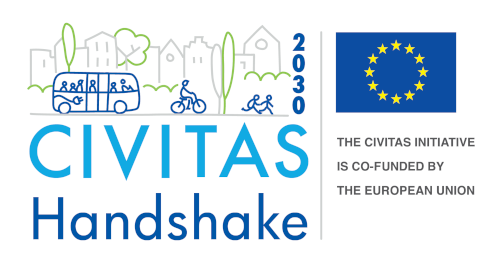Processes
Assessment and Evaluation
Handshake cities are aware of the multiple benefits of cycling compared to the relatively low investment costs.
Budgets for bicycle plans and projects are rapidly growing. Despite this positive trend, projects are not regularly evaluated in a comprehensive way, both in countries that have a long bicycle planning tradition – such as the Netherlands and Denmark – and in those that have a more recent cycling history.
This can lead to inadequate and sometimes inefficient allocations of resources with sometimes negative results. For example, an increase in the supply of infrastructure which has not been met by the expected increase in usage. Evaluation in bicycle plans and projects can also come at a too late stage of the process when (potentially sub-optimal) decisions have already been made.
We need a way to invest, and to choose “the right way” to invest.
Handshake assists its cities to maximize the positive socio-economic and environmental impacts of cycling solutions, capturing quantitative and qualitative effects on different target groups. The beyond state-of-the-art “Bikenomics” methodology supports Handshake cities in every step of the process: from problem framing, definition of alternatives, selection of measures and monitoring.
This comprehensive approach draws from previous experience of successful application in The Netherlands and cross-national best practice.
Bikenomics combines established welfare analysis techniques – such social cost-benefit analysis and economic impact assessment – with other qualitative and quantitative methods. By assigning a weight (in monetary values as much as possible), local city decision-makers and cycling leaders will be able to use Bikenomics to identify and select solutions that are effective (in terms of dealing with the problem and reaching local goals) and efficient (in financial terms).
